Main Advantages About Ceramic Bearings
Main Advantages About Ceramic Bearings
electric resistance
As important machinery parts, ceramic bearings have unmatched superior performances. Over the past decades, they have been increasingly widely used in many different industries such as aerospace, marine, nuclear industry, petroleum, chemical industry, textile industry, metallurgy, electric power, food, motorcycles, subway, and high-speed machine tools and so on. Their particular function is gradually recognized by people.
With the progress of the processing technology, costs of ceramic bearings have been declined. As in the past, they can only be used in some high-precision and advanced range of application areas. But now, they are gradually extended to various industries. Market prices of products are also gradually close to the practical situations. They are more acceptable to the users.
In recent years, research and development on ceramic bearings has yielded fruitful results and achieved substantive progress. They have been applied in machine tools, chemical industries, aerospace and many other fields. Obviously, they play a rather important part in the industries.
When compared to the steel bearings, these bearings have many specific advantages. Firstly, they have higher rotating speed and acceleration capacity. They can be operated under the conditions whose DN are more than 3 million. Meanwhile, they can reduce the possibility of slipping, wear and heating. Secondly, they have long service life and resistance to wear.
The fatigue life of full ceramic bearings is expected 10-50 times longer than steel bearings. Even the hybrid ceramic bearings have life span which is 3-5 times longer than the steel bearings. Thirdly, they require less lubrication. Because the coefficient of friction of ceramic materials is low, even the lubricant oil becomes thin; its lubricating ability is still as good as traditional lubricants on steel bearings. Fourthly, they are more corrosion-resistant.
Ceramic materials are inert materials and it is more resistant to corrosion and abrasion. Fifthly, they have high rigidity. Due to the high elastic modulus of the ceramic materials, the rigidity of bearings is 15-20% than the ordinary steel bearings. Sixthly, they can work under high temperature. Seventhly, their torque is low. According to the structure of ceramic bearings, their torque decreases by about 1 / 3. Eighthly, they are not magnetic and not conductive. They can avoid the damage of the magnetism and the electricity.
According to the above, we can safely draw the conclusion that ceramic bearings are increasingly important in our industries. With the development of the research and a large number of manufacturing technology breakthroughs, the application of ceramic bearings under the condition of high speed, high temperature will have very good prospects.


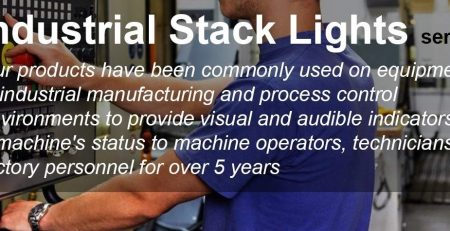

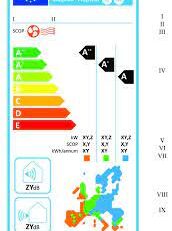
![موديول [Vigi C60 N-H-L] 2فاز](https://gahzly.com/wp-content/uploads/2019/10/موديول-vigi-c60-n-h-l-2فاز-450x231.jpg)

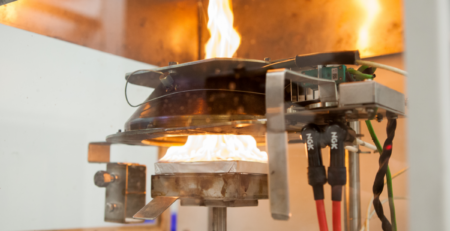

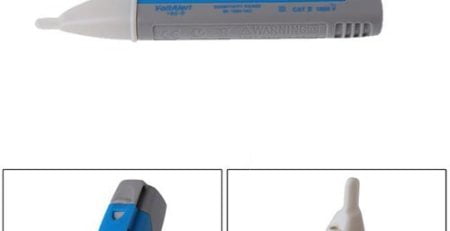
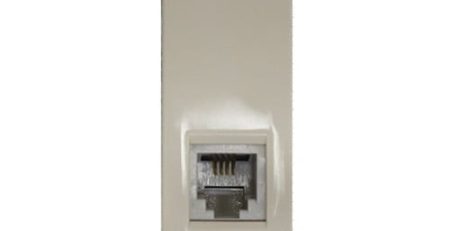

Leave a Reply
You must be logged in to post a comment.